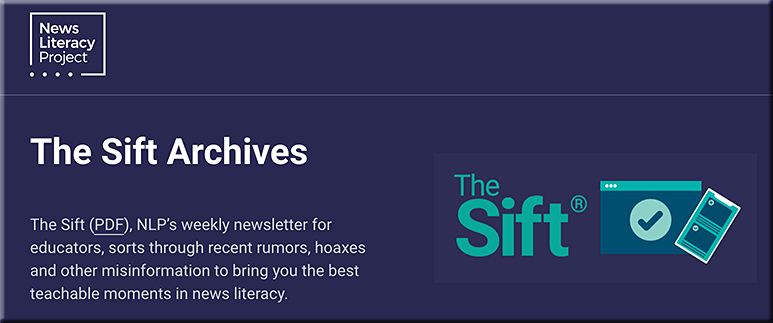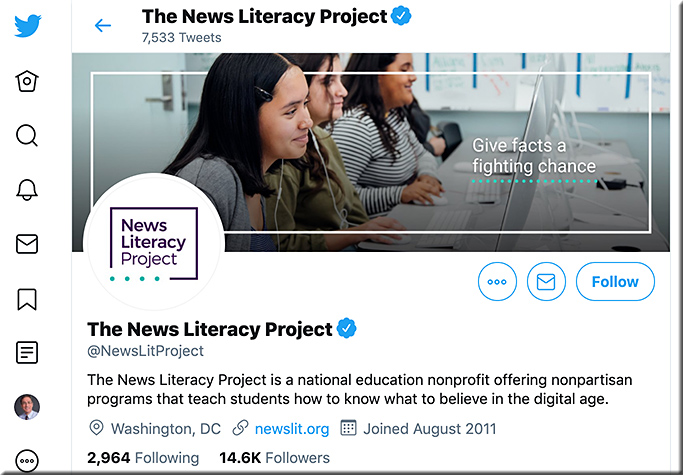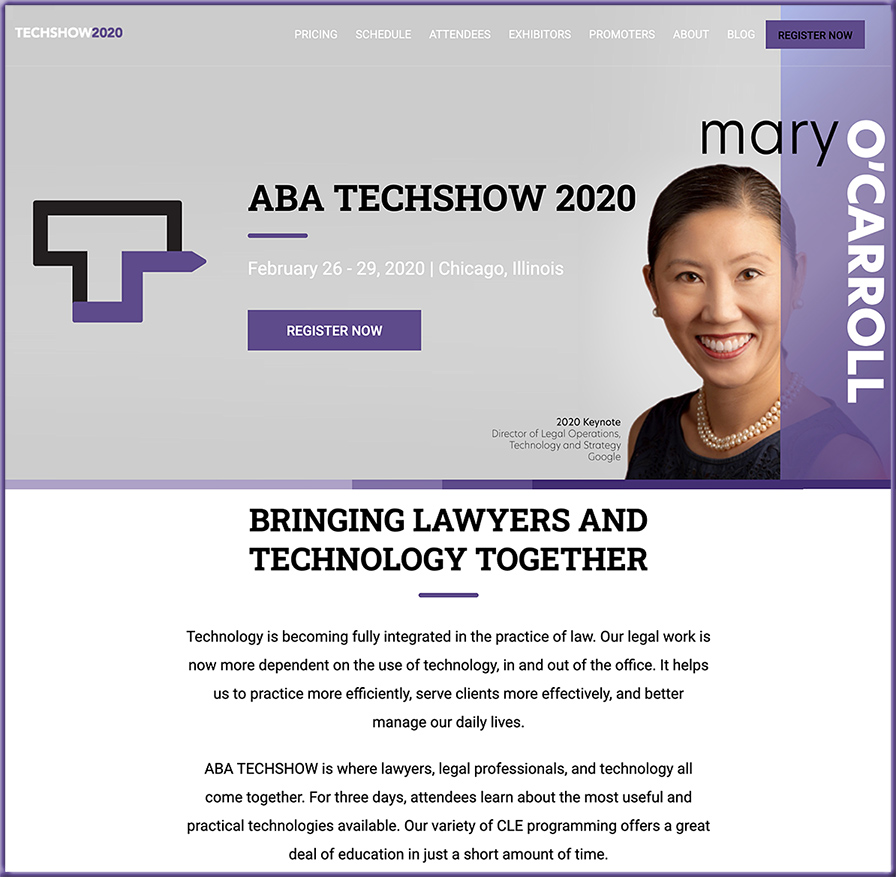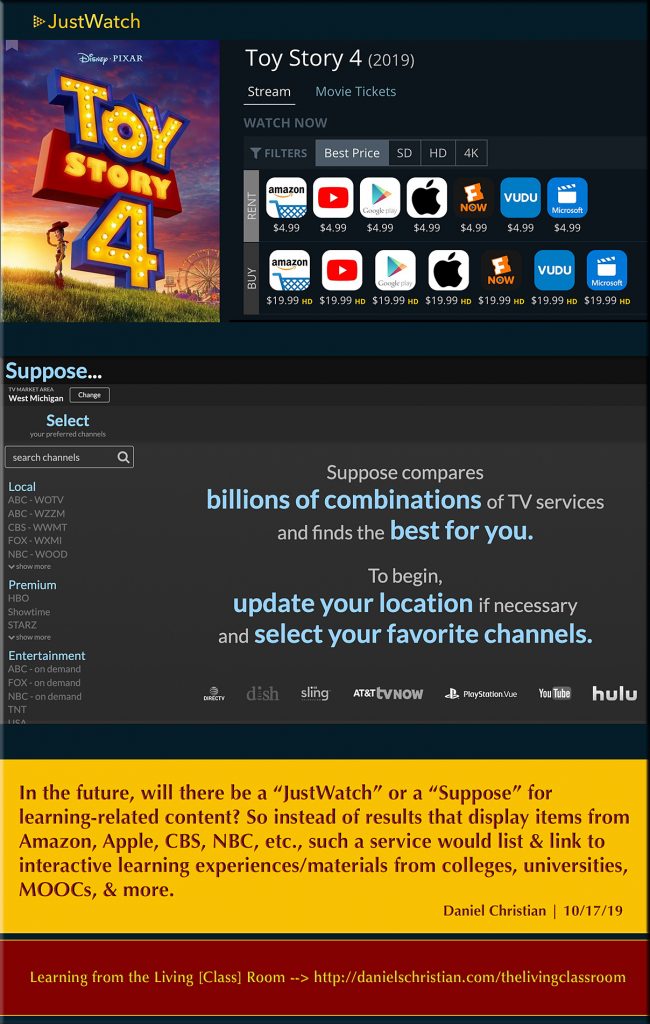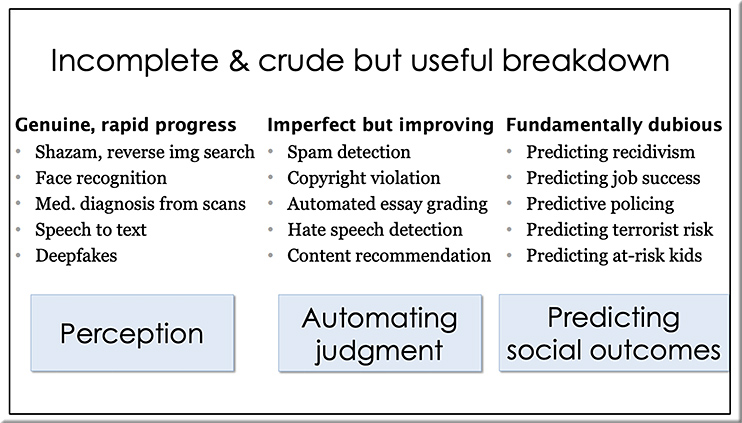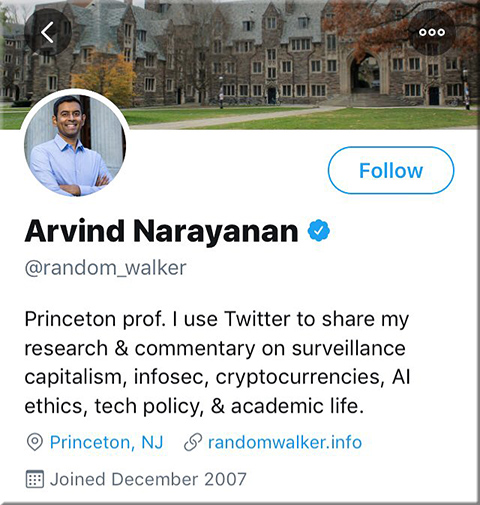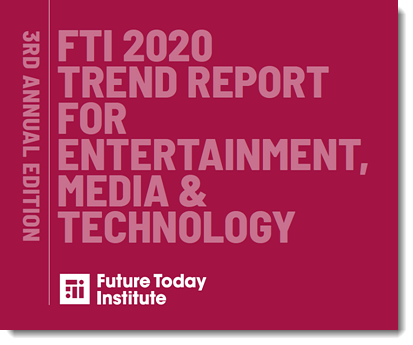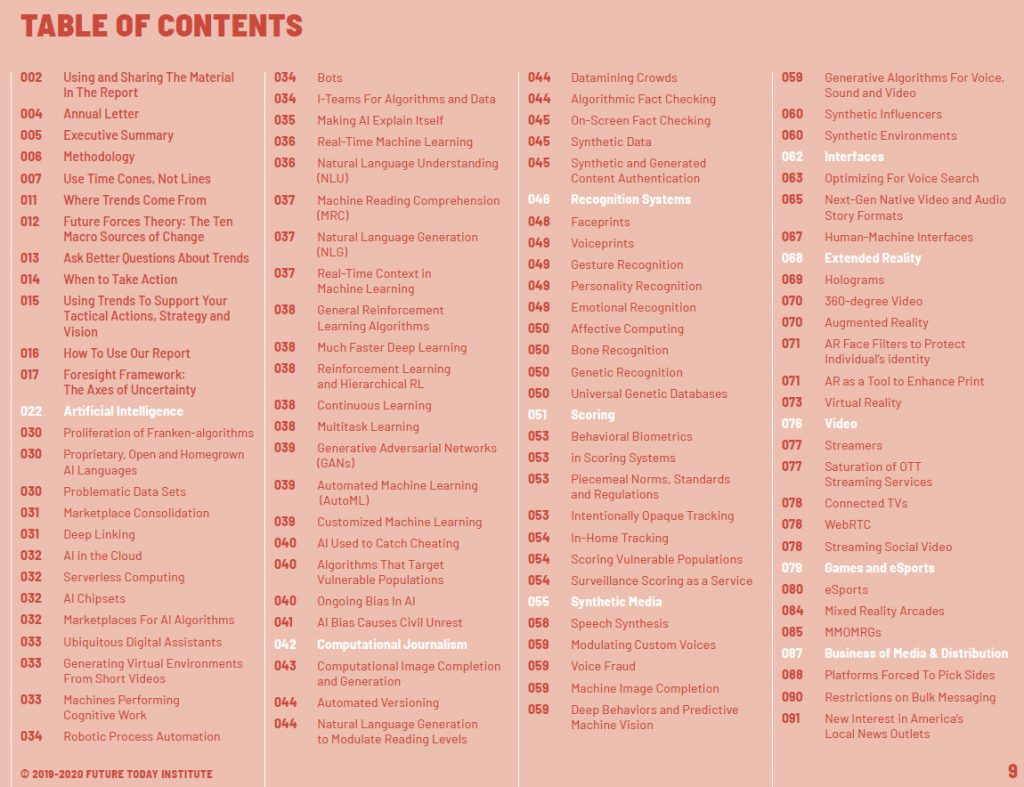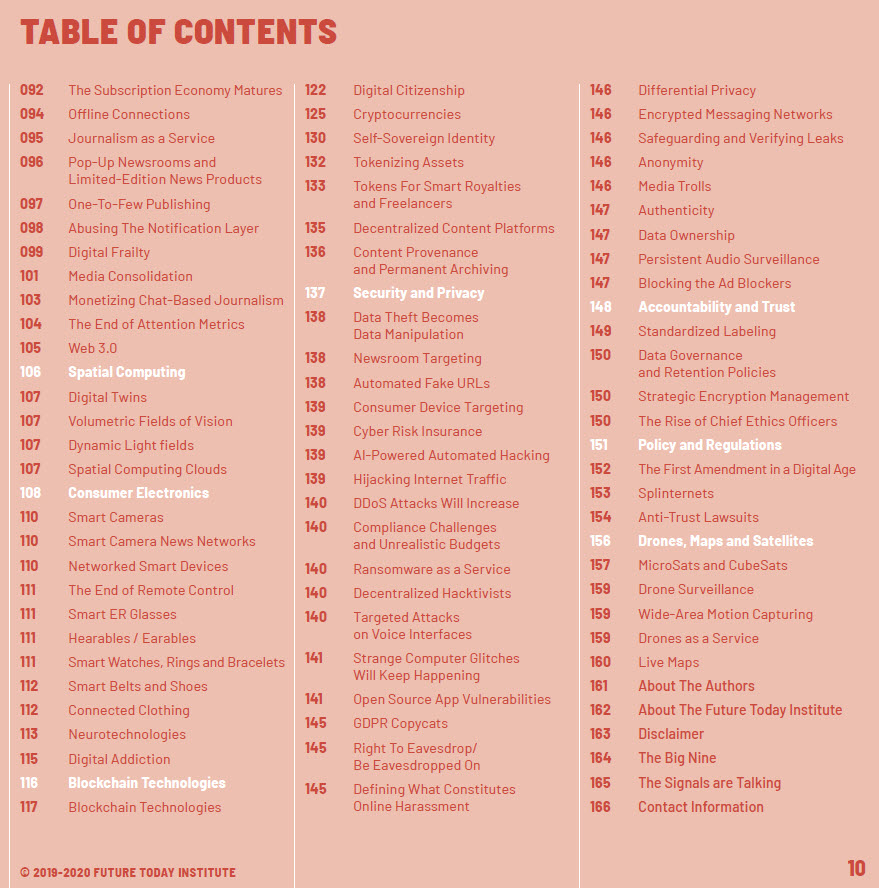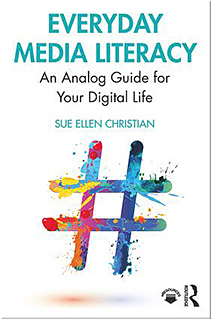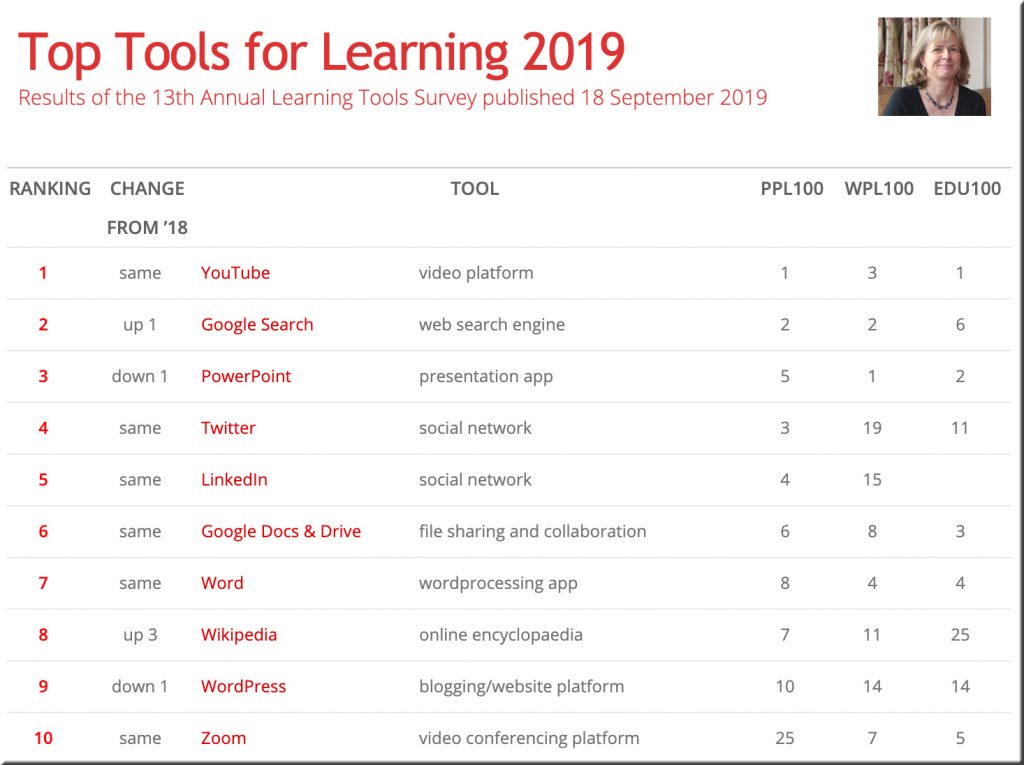From DSC:
I’ll say it again, just because we can, doesn’t mean we should.
From the article below…we can see another unintended consequence is developing on society’s landscapes. I really wish the 20 and 30 somethings that are being hired by the big tech companies — especially at Amazon, Facebook, Google, Apple, and Microsoft — who are developing these things would ask themselves:
- “Just because we can develop this system/software/application/etc., SHOULD we be developing it?”
- What might the negative consequences be?
- Do the positive contributions outweigh the negative impacts…or not?
To colleges professors and teachers:
Please pass these thoughts onto your students now, so that this internal questioning/conversations begin to take place in K-16.
Report: Colleges Must Teach ‘Algorithm Literacy’ to Help Students Navigate Internet — from edsurge.com by Rebecca Koenig
Excerpt (emphasis DSC):
If the Ancient Mariner were sailing on the internet’s open seas, he might conclude there’s information everywhere, but nary a drop to drink.
That’s how many college students feel, anyway. A new report published this week about undergraduates’ impressions of internet algorithms reveals students are skeptical of and unnerved by tools that track their digital travels and serve them personalized content like advertisements and social media posts.
And some students feel like they’ve largely been left to navigate the internet’s murky waters alone, without adequate guidance from teachers and professors.
Researchers set out to learn “how aware students are about their information being manipulated, gathered and interacted with,” said Alison Head, founder and director of Project Information Literacy, in an interview with EdSurge. “Where does that awareness drop off?”
…
They found that many students not only have personal concerns about how algorithms compromise their own data privacy but also recognize the broader, possibly negative implications of tools that segment and customize search results and news feeds.










